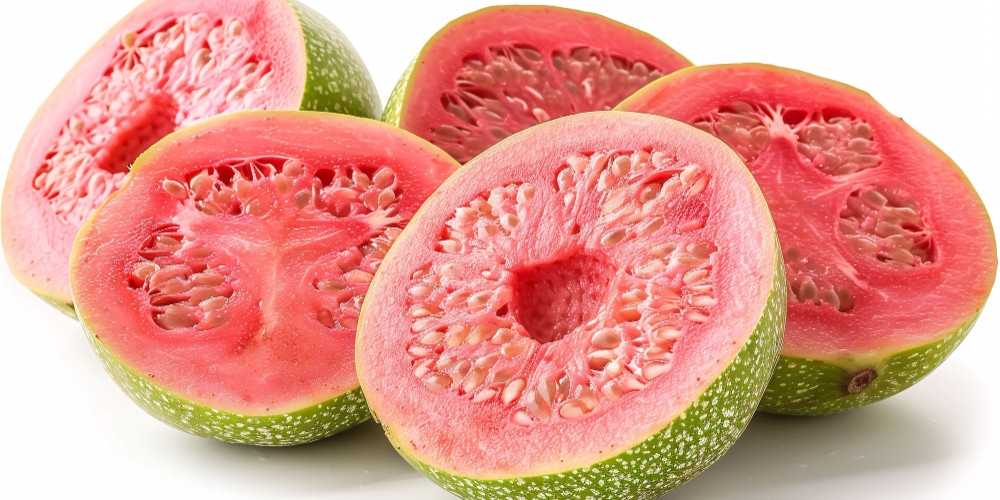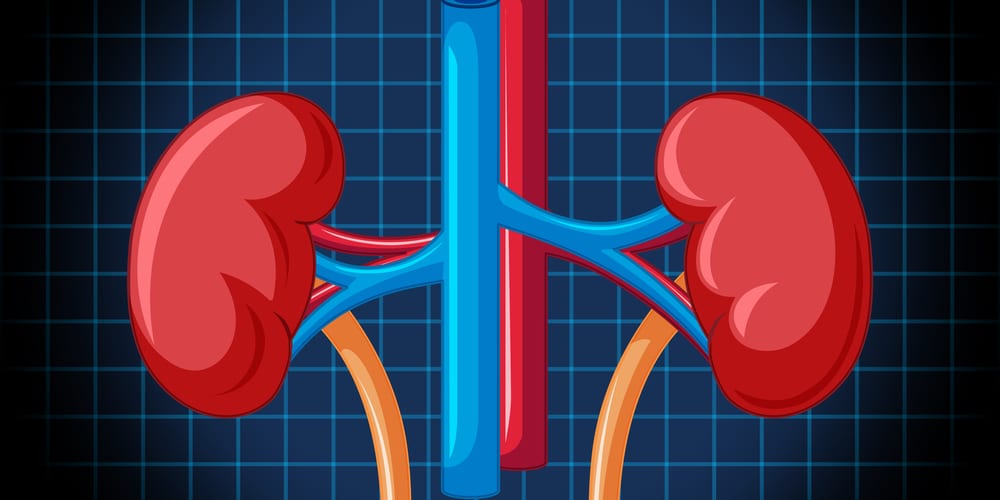Latest
FACT CHECK: Is sleep deprivation making your brain ‘eat itself’?
Your brain needs rest to stay healthy—here’s what happens when you don’t get enough sleep
Author
Author
- admin / 9 months

- 0
- 3 min read

Author
CLAIM:
Lack of sleep can cause the brain to “eat itself”
FACT:
Misleading. While sleep deprivation could lead brain disorder including Alzheimer’s, ‘brain eating itself’ is an oversimplification
First Check came across an Instagram post claiming that “lack of sleep causes your brain to eat itself”.
“Studies show that sleep deprivation causes your brain to ”clean up’ healthy cells, leading to long-term damage. Get your rest!,” reads the caption.
This claim is based on a 2017 study in The Journal of Neuroscience which investigated the effect of the lack of sleep on the brain of mice. Researchers at Marche Polytechnic University in Italy compared two groups of mice: one either slept normally or was kept awake for eight hours, while another group was deprived of sleep for five days in a row, amounting to a chronic sleep deprivation.
The study found that lack of sleep increases the activity of certain brain cells called microglia and astrocytes, which normally help clear out damaged neurons and waste. In the sleep-deprived mice, astrocytes became extra active, “eating up” more synapses than usual—a process known as synaptic pruning. While synaptic pruning is a normal function that helps the brain work properly, excessive pruning from prolonged sleep loss could contribute to neurodegenerative diseases over time.
Another study found that sleep deprivation could lead to Alzheimer’s.”Epidemiologic studies in humans suggest that sleep disruption and chronic short sleep may be risk factors for neurodegenerative disorders, including Alzheimer’s disease (AD), the most common neurodegenerative disorder,” says the study.

First Check spoke to Dr Ankit Daral MBBS, MD Consultant Psychiatrist, Indira Gandhi Hospital, New Delhi, who said that “’brain eating itself’ was a misleading oversimplification.”
“If the excessive pruning continues for too long, it could contribute to brain disorders over time, potentially increasing the risk of conditions like Alzheimer’s disease,” he said.
Dr Daral further explained that the research in question was conducted on mice and involved microglia and astrocytes—cells that perform similar functions in both mice and humans.
“Chronic sleep deprivation in humans could potentially trigger similar overactivation of these cells, which may increase the risk of excessive synaptic pruning, heightened neuroinflammation, impaired cognitive function, and a higher risk of neurodegenerative diseases,” he added.
So, while it is true that sleep deprivation accelerates the brain’s natural cleanup process, it does not mean the brain is literally consuming itself. This research was conducted on mice, and more studies are needed to confirm its long-term effects in humans. The takeaway? Prioritizing good sleep is essential for brain health, but the idea of the brain “eating itself” is misleading.
Also read: Fact Check: Does loud snoring signal restful sleep? – First Check
(Do you have a health-related claim that you would like us to fact-check? Send it to us, and we will fact-check it for you! You can send it on WhatsApp at +91-9311223141, mail us at hello@firstcheck.in, or click here to submit it online)










